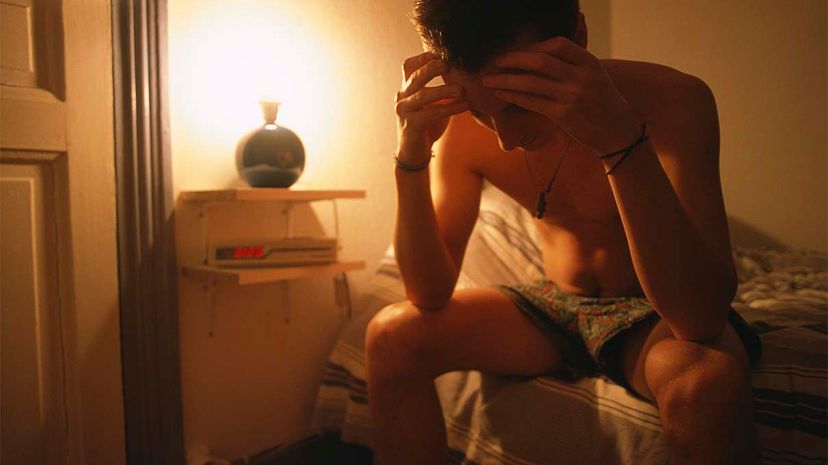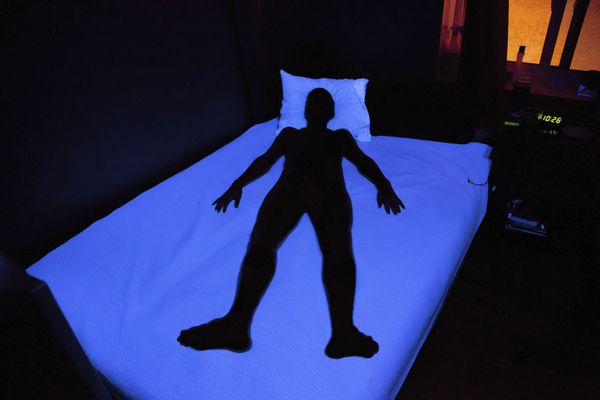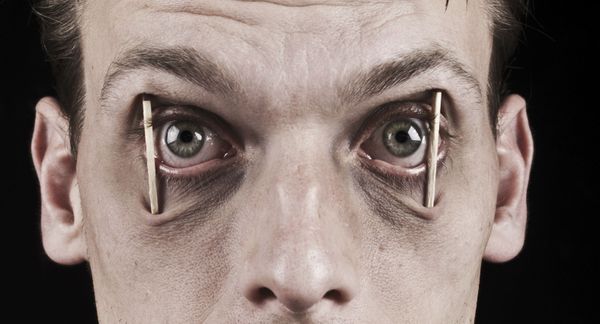
Night owls — listen up. It's time to stop burning your candle at both ends and start giving a hoot about your health. Turns out if you stay up 'til all hours and have to drag yourself out of the sack in the morning, you may risk dying 10 percent sooner than morning larks who retire early and rise with the sun.
In a study published April 11, 2018 in the journal Chronobiology International, researchers at Northwestern University and the University of Surrey, United Kingdom, surveyed more than 433,000 participants ages 38 to 73 for 6.5 years and discovered that 50,000 night owls were 10 percent more apt to die than their morning people co-participants, even after adjusting for anticipated health issues like higher incidences of diabetes, respiratory conditions and psychological, neurological and gastrointestinal disorders.
Advertisement
The study didn't determine a specific cause for the link between being a night owl and the potential for early death, but behaviors like drinking, smoking, doing drugs and eating an unhealthy diet were found to be more prevalent in the night owls than the larks.
The study also determined that a person's chronotype, or inner clock, seems to be about 50 percent genetic and 50 percent determined by environmental factors. And if it's misaligned it can take a serious toll on your health.
W. C. Fields, renowned for his deadpan logic, said that the best cure for insomnia is to get a lot of sleep. And (whoo hoo!) the researchers agree.
Advertisement

